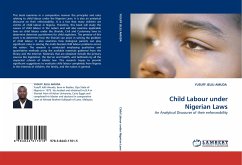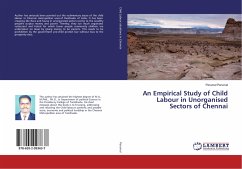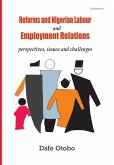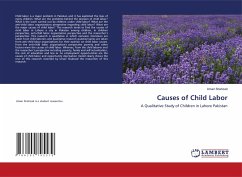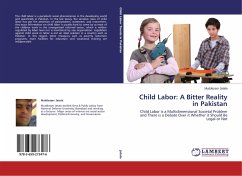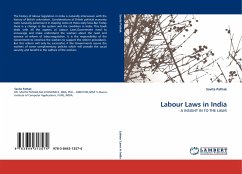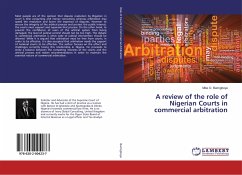This book examines in a comparative manner the principles and rules relating to child labour under the Nigerian Laws. It is also an analytical discourse on their enforceability. It is a fact that many children are victims of child labour in Nigeria. Therefore, this book will study the causes of child labour in the nation and will also examine applicable laws on child labour under the Shariah, Civil and Customary laws to determine deterrent punishment for child exploiters. The premise of this work is to determine how the Shariah can assist in solving the problem of child labour. It also examines how biological parents can play significant roles in solving the multi-faceted child labour problems across the nation. The research is conducted employing qualitative and quantitative methods using the available materials gathered from the library and the Internet. Materials that are obtained include the primary sources like legislation, the Qur''an and Hadith, and textbooks by all the respected schools of Islamic law. This research hopes to provide significant suggestions to eradicate child labour completely from Nigeria in the interests of children, the family, and the nation in general.
Bitte wählen Sie Ihr Anliegen aus.
Rechnungen
Retourenschein anfordern
Bestellstatus
Storno

